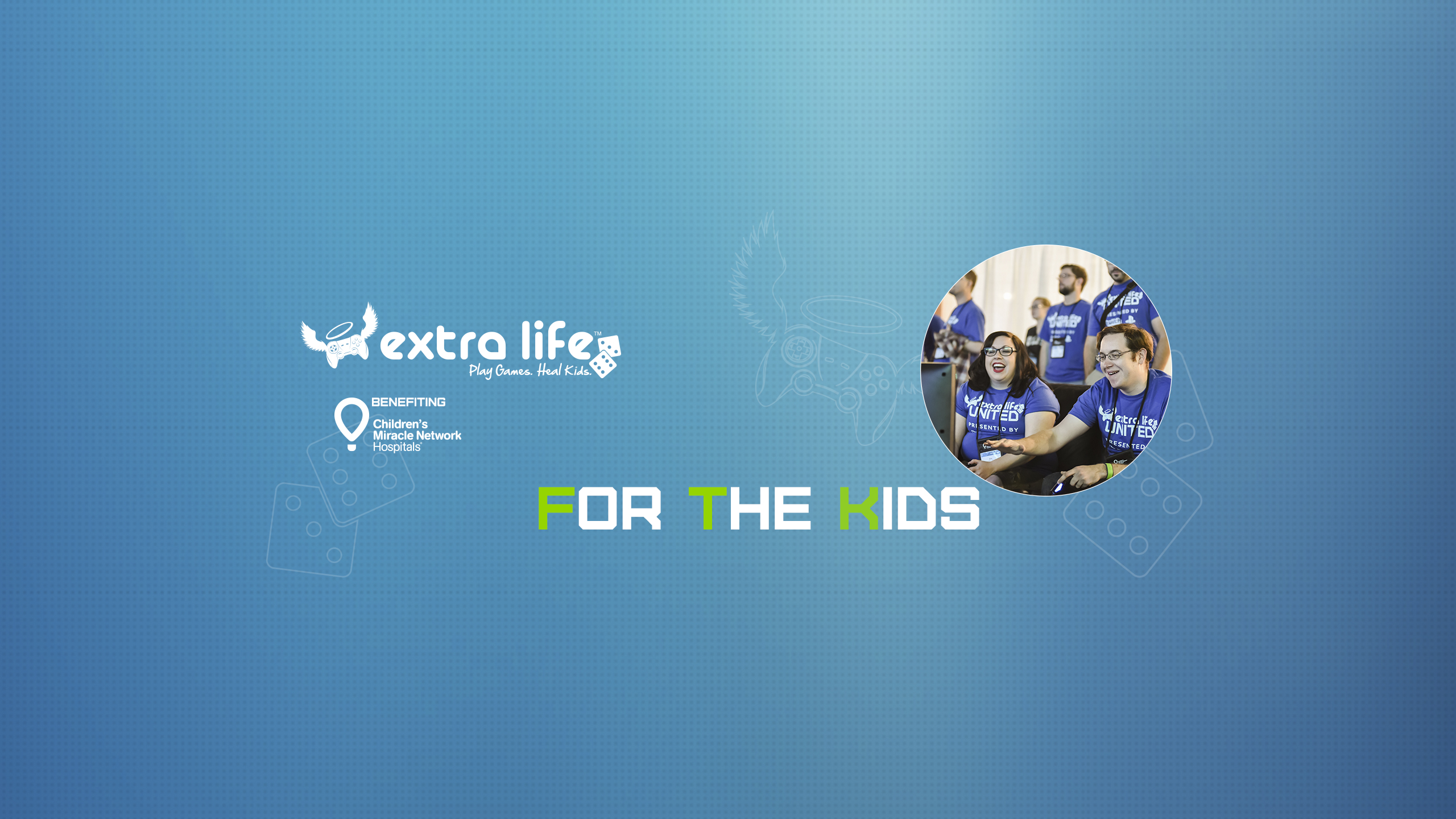By Doc Von Derwin
Video games are often regarded as a waste of time, despite being a billion dollar economy-boosting industry that provides escapism in the same manner as movies and music, and which I would argue qualify as an art form. But beneath the entertaining surface, behind every compelling zombie apocalypse narrative and bullet-time slow motion headshot, there is a hidden experiment that can be found in almost every video game that makes the player a quantum theorist.
Let’s point to one of my favorite games, Bioshock: Infinite (if you have not played this, go do that now and let me know what you think, I genuinely want to know). Bioshock: Infinite uses quantum theory to explain the plot, the setting (a floating city), and the existence of its gameplay mechanics. A pair of scientists discover the ability to create tears through time and space, which leads to the discovery of alternate timelines and – in a manner of speaking – time travel. As they groove through time and space like a 1912 version of Bill and Ted, they end up bestowing a main character, Elizabeth, with the ability to create tears at will, allowing her to bring weapons or machines to a location instantaneously. As we find out, those items already exist at that location in a different reality; she is not conjuring them up out of thin air but rather is opening up a tear to another reality and meshing it with their current one.
Here is a bit on Quantum Theory. The idea of Quantum Theory is that there are infinite timelines with infinite possibilities. These timelines diverge over any action, such that there is a timeline where I do not write this article and read a book instead. When I play the lottery with a one in a million chances of winning, I exist in a reality where I lose, but there is one reality where I win despite losing in 999,999 other realities. Bioshock uses this to explain how the main character, Booker, is able to die in combat then come back. We see one Booker die by making the wrong decision in combat which leads to his death, then are moved to another reality where Booker makes different decisions that lead to victory. The death of Booker ends the timeline entirely, so we continue the rest of the game in another timeline where Booker is still alive and able to move the plot forward. What the makers of the game probably did not intend is for this to be able to apply to all games. Every time Master Chief dies in Halo, we jump to a different timeline and continue the plot but with different actions.
In addition to Bioshock’s accidental explanation of save points in video games, the theory can also connect games in an interesting way. All games can technically exist in the same universe, but the players see only a particular section of a particular timeline which has been generated by certain actions. With The Last of Us, we see a timeline where cordyceps cause a brain infection in humans thus creating the fall of civilization, while Call of Duty: Advanced Warfare demonstrates a reality where that didn’t happen and the characters from the Last of Us are living happy normal lives. As I run through the depiction of Seattle in Infamous: Second Son, I am seeing an alternate version of Seattle because the existence of superheroes changed ideas of architecture. This is why it looks nothing like downtown Seattle.
This further gives meaning to why we play games. Somewhere across all the infinite universes is a timeline where the video game we are playing is a reality, meaning you are experiencing a real world scenario. Games are preparing you for a potential reality and arming you with the extra knowledge you need to stop the Covenant from destroying planet Earth. Games that are set in the past are like timeline history lessons, where we get to learn from the errors of focusing more energy on nuclear technology like in the Fallout series, or the advantages of a new evolutionary track where Bandicoots are better than humans at out-running boulders and are allowed to be named Crash. So the next time anyone dismisses video games as a waste of time, you can tell them you’re actually a quantum theorist and you like to be prepared.




